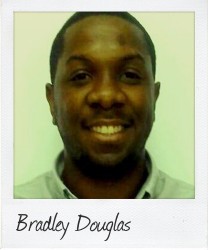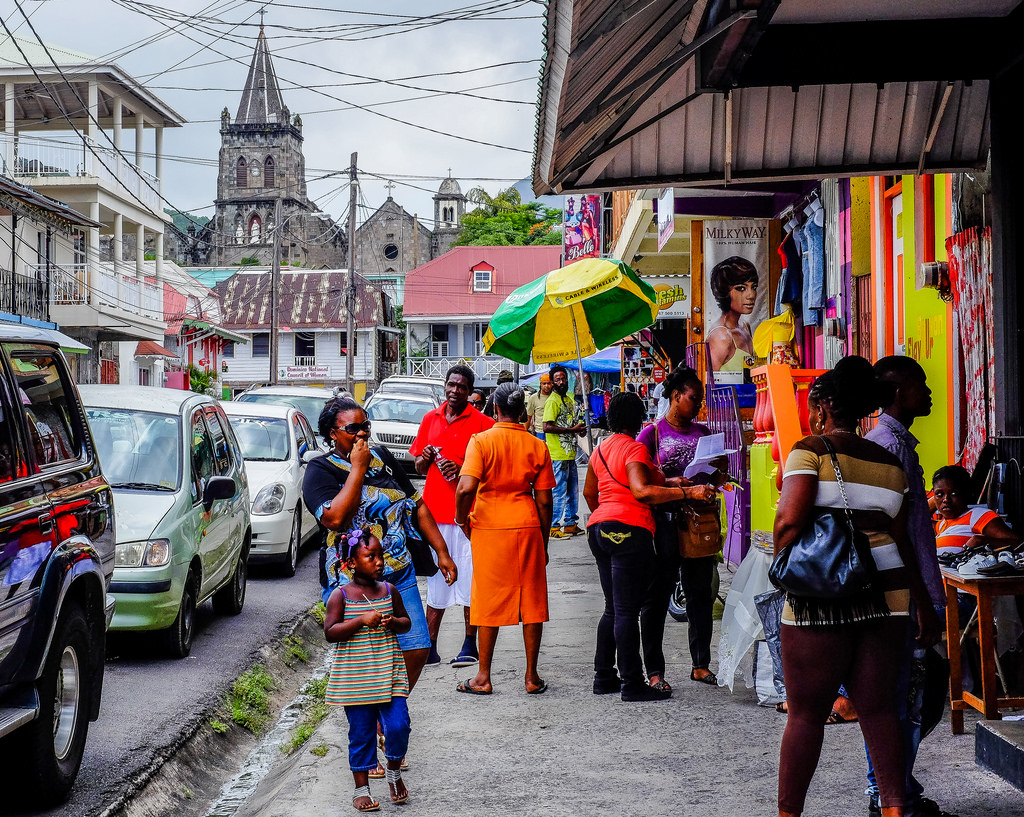“Our Caribbean culture, our Caribbean brand”
June 27th, 2016 We live in a fast-paced world, writes Bradley Douglas, 27, a Correspondent from St. Vincent, who argues the importance of culture and history in the drive to create a sustainable future and equitable growth.
We live in a fast-paced world, writes Bradley Douglas, 27, a Correspondent from St. Vincent, who argues the importance of culture and history in the drive to create a sustainable future and equitable growth.
The Caribbean region is known to be a melting pot: a haven of diversity, history, art and innovation. As islands connected by the beautiful Caribbean Sea, we’re like a masterpiece painting of abstract colours, shades, dimensions and canvas angles. Deeply rooted in our minds are the struggles that our forefathers endured for independence, democracy, justice and peace. They are echoed in our accents and our songs as the rhythms of our hearts beat to a common thread of integration and freedom.
When we speak about culture, some think of our heritage, others question the way we live or even where we live. Culture, however, is greater than that. Culture is more an expression of who we are; it is a way of life that seeks to help us shape our inner strengths while creating a balance in the introspection of our flaws.
We live today in a fast paced world and advancing society where our beliefs, customs, values and symbolic impersonations are slowly becoming relics of the past. Evanescent are the days, thoughts, memories and occasions where people fully embodied the Caribbean island life. Occasions where islanders find pleasure in going to the bay side and taking a “soak” or even having their children in the yards play tops and marbles, have become a thing of the past. Some might disagree with this claim, but when we look outside our windows on typical Saturday afternoons, how many village children do we see playing outside till sunset? Doesn’t it seem that such an activity has been left to persons from marginalised communities?
As this baffles our minds, a mega cluster of advancing technology and social media has now become the paved, pitched and lit road to guide our youths. What a road that has many signs and speed-bumps, a road with lanes which seldom warn you about U-turns! I am not saying that advancement in technology doesn’t have positive implications, but if we speak about culture, we are also speaking about values, beliefs and thought patterns that aid in our communication and the way we interact with each other. We are speaking about a “culture” that from childhood, engraves in us an ability to be change makers and achievers. Youths and adolescent are now forced to live in a world where gadgets or devices seek to create, innovate and at times think for us. I am sure we can all reminisce on an era where moonlight was not just seen as a renewable and viable source of electricity but a time of bonding and fellowship amongst persons, a time where families and even neighbours participated in fishing and laughing, chatting and enjoying each other’s company. Simple communication was the watch word for individuals. Now, smart-phone devices, emojis and hash tags have become the new ways of expression. Young people at times have become so limited in their appreciation for a simple conversation.
One might say that seasons and times change and that now is the twenty-first century. I agree that times have changed and that the world has become modern but must it in essence change our culture? Why can’t we look at our changing world as a cycle where the positive lessons we learn contribute to our shaping the world for a brighter and prosperous generation?
Caribbean culture, our way of life, has always been a “shock” to many. Even amongst ourselves we become victims of culture shock when we travel abroad. As every year many of us migrate to varying regions in the Caribbean and the Diaspora, though different in our beliefs, ethnic backgrounds and even languages, we continue to create positive change in such regions. Such change is based upon a true, rich, authentic Caribbean “culture” which seeks to remain in the hearts and minds of the ones we come into contact with. We can therefore promote such positive change in the way we operate as citizens of our countries and Commonwealth citizens.
The word commonwealth connotes wealth and common interest. The wealth is inherited from our history, a place where we were driven and inspired to make a difference of the adverse and painful situations around us. Commonality doesn’t signify cheap and being ordinary, but is a state of sharing features and attributes. This is essentially what culture is all about; it embodies the art of cooperation, integration and passion in unity. A drive to culturally oriented nations, economies, and generations should be grafted into the strife for sustainable growth and equity development, humanistic influences for change, peace and progressive inclusive societies. As a young person, when was the last time you sat with an elderly person from your community, workplace or even someone on the road and simply expressed, communicated and basked in their wealth of knowledge while sipping on a hot cup of cocoa tea and eating madungo bakes?
As young people of the Commonwealth progressing and striving in an evolving world, let us keep in mind that change mustn’t always be a threat to culture and though we don’t always need to be the same, we always need to understand each other.
photo credit: Street Life in Dominica via photopin (license)
…………………………………………………………………………………………………………………
About me: I am a young, innovative engineer with a keen interest for conservation, food security and sustainability. I am currently the World Merit St. Vincent country representative and a member of YPARD.
My future career aspiration is to further contribute through programmes that would address the issues of food security, climate change and youth involvement in the agricultural sector. I am an aspiring writer and blogger.
As a Caribbean national I am passionate about regional integration and progress for developing nations.
…………………………………………………………………………………………………………………
Opinions expressed in this article are those of the author and do not necessarily represent the views of the Commonwealth Youth Programme. Articles are published in a spirit of dialogue, respect and understanding. If you disagree, why not submit a response?
To learn more about becoming a Commonwealth Correspondent please visit: http://www.yourcommonwealth.org/submit-articles/
…………………………………………………………………………………………………………………




